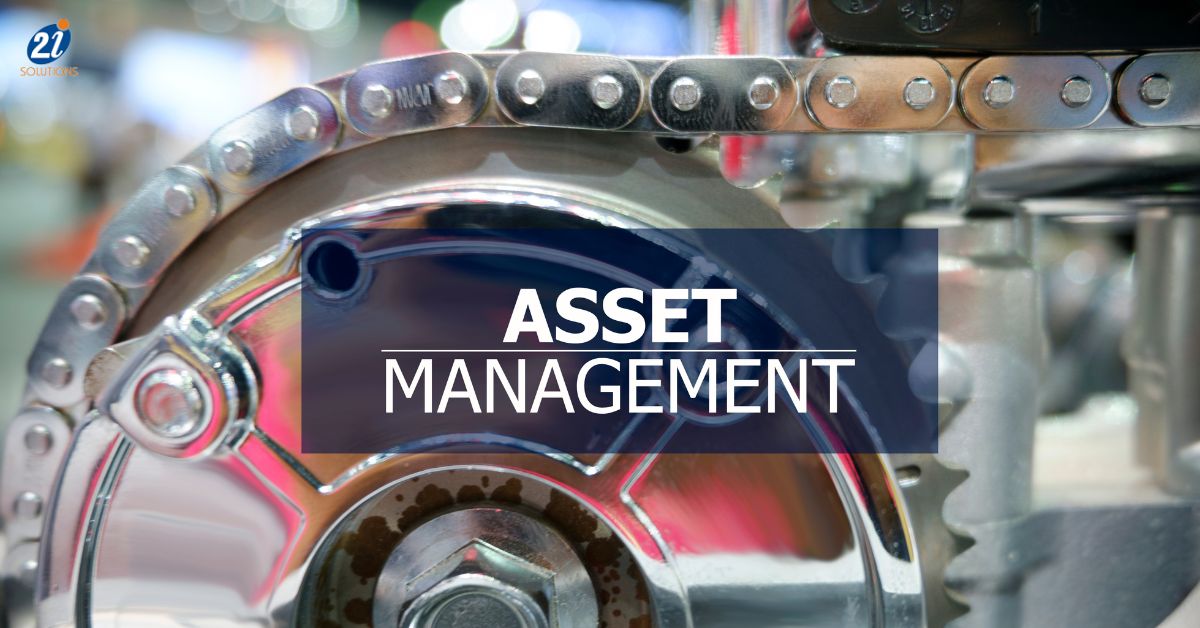SAP Manufacturing Execution System: A Complete Guide for Smart Factories
In the era of Industry 4.0, digital transformation is no
longer optional—it's a necessity. As manufacturers strive to become more
efficient, agile, and competitive, many are turning to integrated digital
solutions to manage their production environments. One of the most powerful
tools enabling this transformation is the SAPManufacturing Execution System (SAP MES). In
this comprehensive guide, we will explore how SAP MES supports the journey
toward smart factories, streamlines operations, and ensures real-time
visibility and control on the shop floor.
What is SAP Manufacturing Execution System (SAP MES)?
The SAP Manufacturing
Execution System is a robust, flexible
solution that bridges the gap between enterprise-level planning (ERP) and shop
floor operations. It enables manufacturers to manage, monitor, and synchronize
manufacturing processes, ensuring high-quality production with minimal
downtime.
SAP MES provides real-time data exchange between the shop
floor and business systems, enabling better decision-making and enhanced
productivity. It supports discrete, process, and hybrid manufacturing
industries, making it a versatile tool for various production environments.
The Role of SAP MES in Smart Factories
A smart factory integrates physical production with digital technologies, allowing
for autonomous decision-making, predictive maintenance, and optimized
production flows. SAP MES is at the core of this transformation, providing the digital
backbone for:
·
Real-time data visibility
·
Automated workflows
·
Integrated quality management
·
Predictive analytics
·
Seamless connectivity between
machines and systems
Key Features of SAP Manufacturing Execution System
1. Real-Time Monitoring
SAP MES allows manufacturers to track production activities
in real time, improving response times to issues and increasing overall
efficiency.
2. Production Order Management
It facilitates the execution of production orders from SAP
ERP, providing shop floor workers with the instructions, materials, and
equipment needed to complete their tasks.
3. Quality Control
Integrated quality checks ensure compliance with industry
standards and minimize defects.
4. Traceability
End-to-end traceability of materials and processes supports
regulatory compliance and product recalls.
5. Integration with SAP SHOP Connect
SAP SHOP Connect enhances SAP MES by enabling seamless data communication between
shop floor equipment and the SAP ecosystem. It simplifies machine integration
and helps unify your smart factory operations.
SAP SHOP Connect: Bridging Machines and Manufacturing
Execution
SAP SHOP Connect is an extension of the SAP Manufacturing Execution System that
enables direct communication between machines and SAP systems. It ensures:
·
Plug-and-play integration with
shop floor equipment
·
Collection of machine data in
real time
·
Automated production insights
·
Integration with analytics and
reporting tools
With SAP SHOP Connect, manufacturers gain enhanced visibility into production, improved
equipment effectiveness (OEE), and reduced downtime.
Benefits of Implementing SAP Manufacturing Execution
System
1. Increased Operational Efficiency
Automation and real-time insights lead to faster
decision-making and reduced waste.
2. Improved Quality Management
Built-in quality checks and traceability help ensure
compliance and reduce defects.
3. Greater Flexibility
SAP MES supports both manual and automated production
environments, adapting to unique production needs.
4. Enhanced Data Accuracy
By eliminating manual data entry, SAP MES minimizes errors
and ensures consistent, accurate information.
5. Better Integration
With SAP Manufacturing
Execution connected to ERP and supply chain
systems, manufacturers achieve end-to-end visibility.
How SAP MES Works: A Deep Dive
Step 1: Integration with SAP ERP
SAP MES pulls work orders and planning data from SAP ERP
systems to schedule and manage production activities.
Step 2: Execution on the Shop Floor
Operators receive work instructions, track materials, and
report issues directly through MES interfaces.
Step 3: Data Collection and Monitoring
Machine data, performance metrics, and quality checks are
continuously captured and analyzed.
Step 4: Real-Time Feedback and Reporting
Managers and decision-makers gain actionable insights via
dashboards, KPIs, and reports.
Step 5: Continuous Improvement
With historical and real-time data, businesses can optimize
production processes, perform root cause analysis, and drive innovation.
SAP Manufacturing Execution System Use Cases
Automotive Industry
SAP MES helps coordinate complex assembly lines and manage
just-in-time inventory.
Pharmaceuticals
Strict quality control and traceability ensure compliance
with health regulations.
Consumer Goods
Batch tracking, fast production cycles, and flexible
planning are all enhanced with MES.
Electronics
Support for high-precision manufacturing and rapid changes
in production specifications.
SAP MES and Industry 4.0
Industry 4.0 focuses on the digitization of manufacturing. SAP MES aligns with
this vision by offering features like:
·
IoT integration
·
Predictive maintenance
·
AI-driven analytics
·
Cloud deployment options
With SAP Manufacturing
Execution, manufacturers can:
·
Monitor equipment health
·
Forecast maintenance needs
·
Analyze downtime causes
·
Plan production around
real-time data
SAP Manufacturing Execution System vs Traditional MES
|
Feature |
Traditional MES |
SAP MES |
|
Integration |
Limited |
Full SAP ERP Integration |
|
Real-time Data |
Partial |
Yes |
|
Customization |
High |
Configurable & Scalable |
|
Cloud Support |
Rare |
Available |
|
Quality & Traceability |
Basic |
Advanced |
Implementation Strategy for SAP MES
Step 1: Assess Current State
Evaluate existing manufacturing processes, systems, and
pain points.
Step 2: Define Objectives
Set clear goals—whether it's reducing downtime, improving
quality, or enhancing traceability.
Step 3: Plan Integration
Determine how SAP MES will integrate with ERP, machines,
and IoT platforms.
Step 4: Deploy and Train
Implement the solution in phases, and ensure all users are
trained effectively.
Step 5: Monitor and Optimize
Use dashboards, analytics, and KPIs to continuously improve
manufacturing outcomes.
Challenges in Implementing SAP MES
·
Initial setup costs
·
Change management
·
Integration complexity
·
Training and user adoption
However, these challenges can be overcome with the right
partner and strategy.
Choosing the Right SAP MES Partner
Look for a service provider that offers:
·
Experience with SAP
Manufacturing Execution projects
·
Deep understanding of your
industry
·
Custom integration services
·
Ongoing support and training
Future Trends in SAP Manufacturing Execution
1. Cloud-First MES
More manufacturers are adopting SAP MES on the cloud for
scalability and lower IT overhead.
2. AI-Powered Decision-Making
Integration of AI for predictive quality and automated root
cause analysis.
3. Digital Twins
Simulating and optimizing production scenarios before they
occur.
4. Advanced Robotics Integration
MES systems will increasingly coordinate with smart robots
and AGVs.
Conclusion
The SAP Manufacturing
Execution System is not just a software
solution—it's a strategic asset for manufacturers seeking to build smart
factories. From real-time monitoring to deep integration with SAP SHOP Connect, this powerful
platform offers the tools needed to stay competitive in a digital-first world.
Whether you're looking to streamline your operations,
enhance quality, or embrace Industry 4.0, SAP
MES delivers unmatched value.
Key Takeaways:
·
SAP MES bridges ERP and shop
floor systems.
·
SAP SHOP Connect enhances
machine integration.
·
Real-time data and analytics
drive efficiency.
·
Smart factories rely on MES for
digital transformation.
Are you ready to take your factory to the
next level? SAP Manufacturing Execution might just be the game-changer you
need.
Get In Touch: sales@2isolutionsus.com
Visit us : www.2isolutionsus.com





